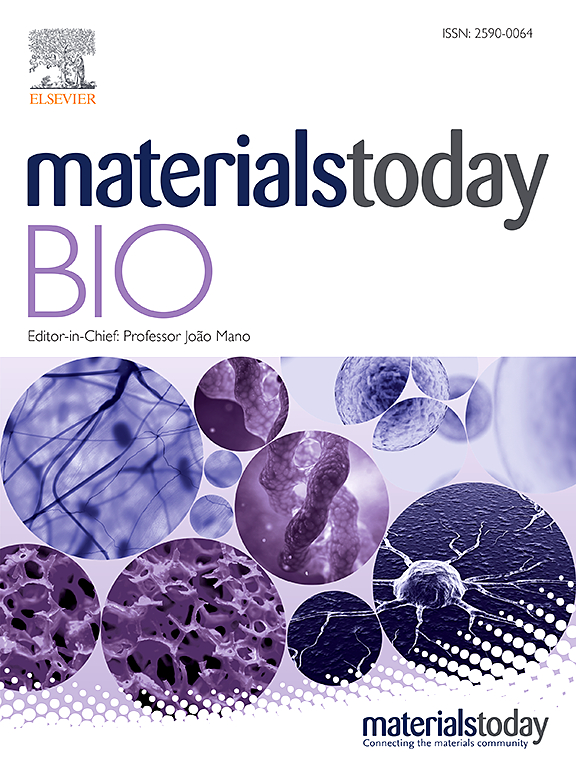Recent development of micro-nano carriers for oral antineoplastic drug delivery
IF 8.7
1区 医学
Q1 ENGINEERING, BIOMEDICAL
引用次数: 0
Abstract
Chemotherapy is widely recognized as a highly efficacious modality for cancer treatment, involving the administration of chemotherapeutic agents to target and eradicate tumor cells. Currently, oral administration stands as the prevailing and widely utilized method of delivering chemotherapy drugs. However, the majority of anti-tumor medications exhibit limited solubility and permeability, and poor stability in harsh gastrointestinal environments, thereby impeding their therapeutic efficacy for chemotherapy. Therefore, more and more micro-nano drug delivery carriers have been developed and used to effectively deliver anti-cancer drugs, which can overcome physiological barriers, facilitate oral administration, and ultimately improve drug efficacy. In this paper, we first discuss the effects of various biological barriers on micro-nano drug carriers and oral administration approach. Then, the development of micro-nano drug carriers based on various biomedical components, such as micelles, dendrimers, hydrogels, liposomes, inorganic nanoparticles, etc. were introduced. Finally, the current dilemma and the potential of oral drug delivery for clinical treatment were discussed. The primary objective of this review is to introduce various oral delivery methods and serve as a point of reference for the advancement of novel oral delivery carriers, with the ultimate goal of informing the development of future clinical applications.

求助全文
约1分钟内获得全文
求助全文
来源期刊

Materials Today Bio
Multiple-
CiteScore
8.30
自引率
4.90%
发文量
303
审稿时长
30 days
期刊介绍:
Materials Today Bio is a multidisciplinary journal that specializes in the intersection between biology and materials science, chemistry, physics, engineering, and medicine. It covers various aspects such as the design and assembly of new structures, their interaction with biological systems, functionalization, bioimaging, therapies, and diagnostics in healthcare. The journal aims to showcase the most significant advancements and discoveries in this field. As part of the Materials Today family, Materials Today Bio provides rigorous peer review, quick decision-making, and high visibility for authors. It is indexed in Scopus, PubMed Central, Emerging Sources, Citation Index (ESCI), and Directory of Open Access Journals (DOAJ).
 求助内容:
求助内容: 应助结果提醒方式:
应助结果提醒方式:


